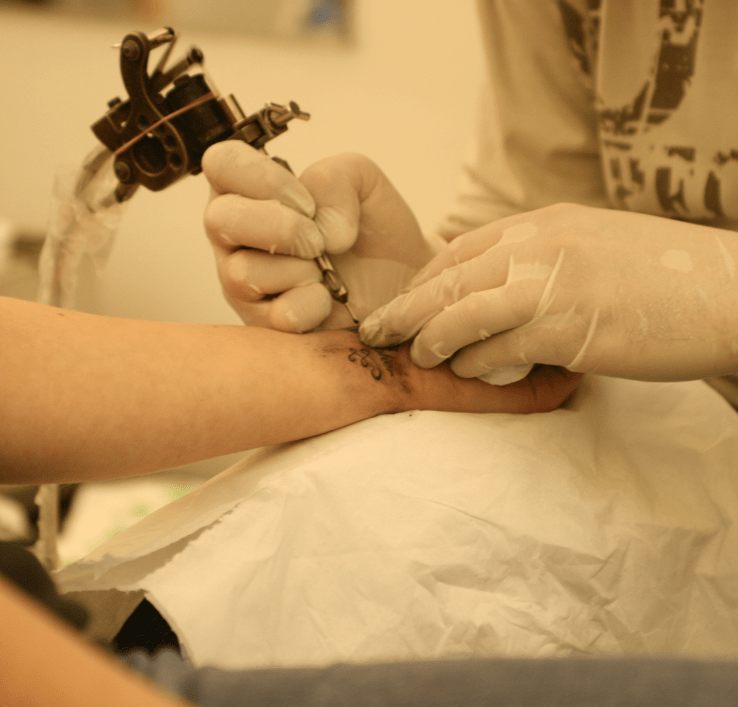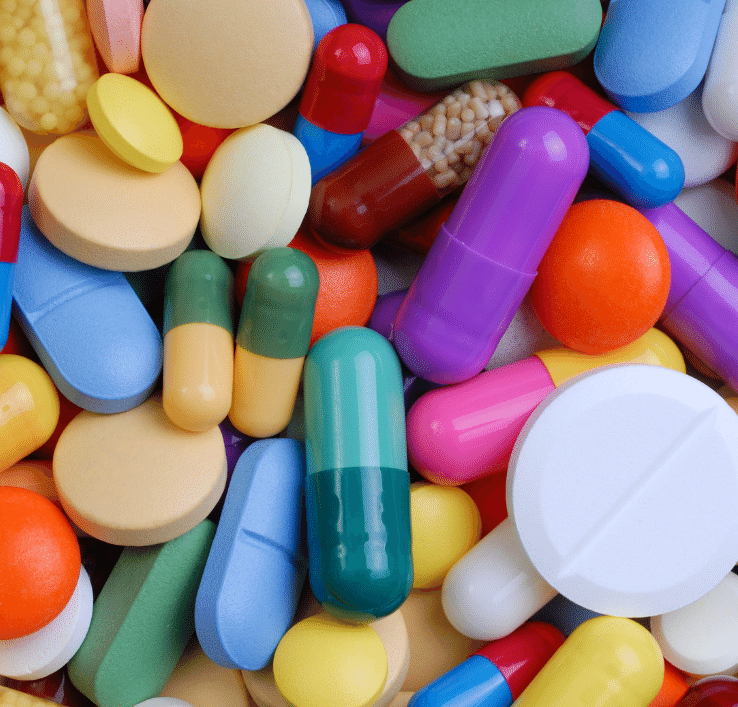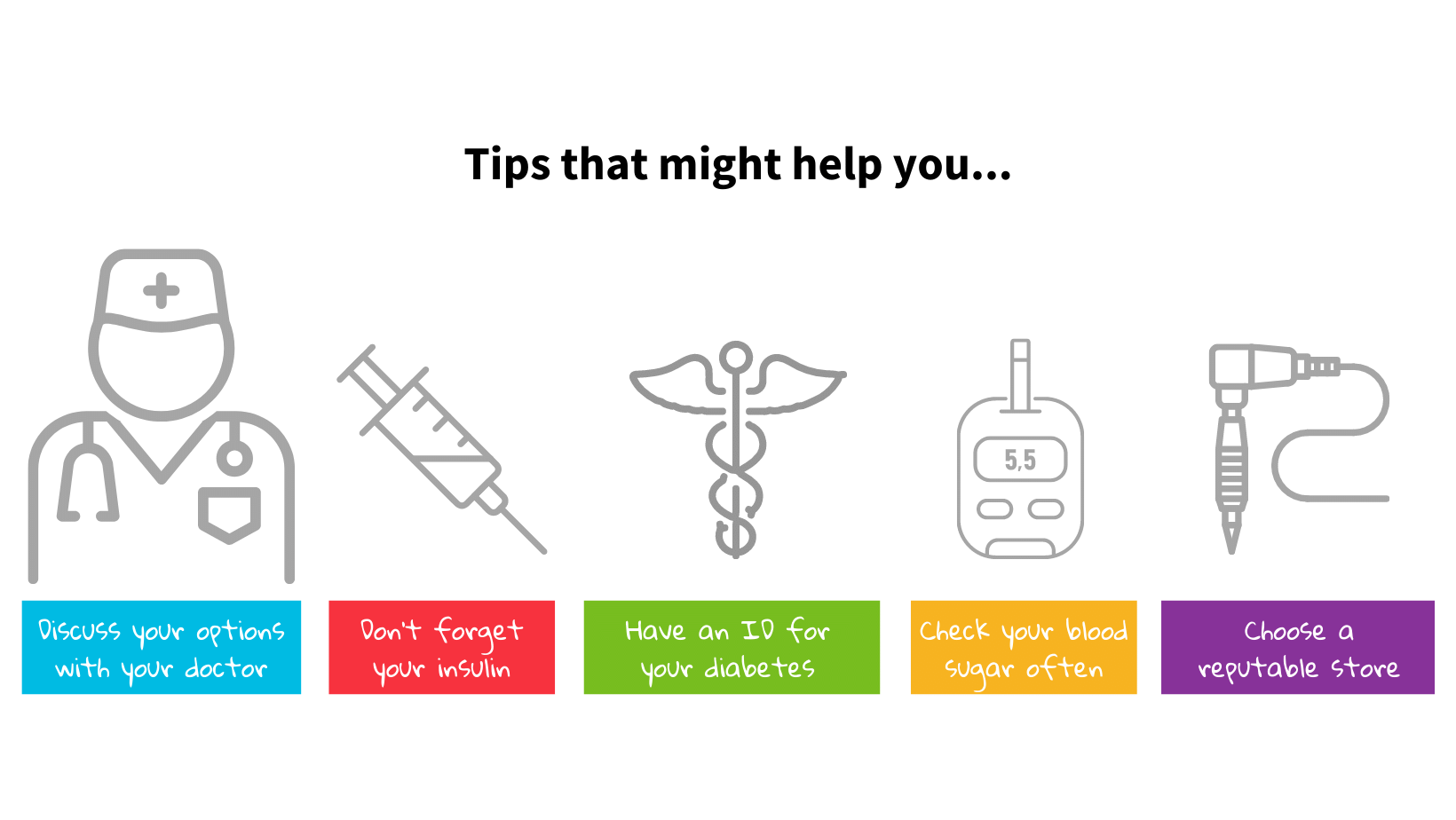support for teens
Drugs, tattoos and piercings
Home / Drugs, tattoos and piercings
What are the effects on my diabetes?
Drugs can affect your judgement and interfer with the rich decisions for your diabetes
Drugs
Your medical team is realistic. They know that drugs are a fairly common practice. Don’t worry about talking to your nurse or doctor. You won’t be the first or last to come to them.
Did you know you can speak privately with your nurse or doctor? Just tell your folks that you’d like to do the first part of your interview without them. Simply tell the doctor or nurse if you don’t want certain issues raised in front of your parents.
Here is some basic information to help you see things more clearly.
Drugs have no direct impact on diabetes (complications), but do have indirect effects:

In general, drugs have more disadvantages than advantages.
These indirect effects on diabetes include:
- Consumption can alter judgment and result in the wrong choices in terms of your diabetes.
- You might forget to check your blood sugar or skip your insulin while you’re high.
- You also might not recognize and respond to the signs of hypoglycaemia.
- Speed and other drugs diminish appetite, making you more susceptible to hypoglycaemia.
- Pot and other substances can boost your appetite—and blood sugar level.
If you use soft drugs, is it on an occasional or daily basis? If you consume on a daily basis, why do you do so? To forget about other problems? Tell us. We’re here to help
And let’s not forget Ritalin. It’s a medication, but it’s also a drug if it hasn’t been prescribed by your doctor. Tell your doctor if you use it.
Incidentally, all medications can be abused as drugs.

Did you know ?
There’s a big difference between soft (pot, hash) and hard (speed, coke, crystal meth, LSD, etc.) drugs. If you use hard drugs, talk with your doctor, to prevent other health problems from arising.
If you are very stoned, you might forget to take your insulin and have high risks of acidosis, which requires immediate hospitalization…
If you're using:
- Check your blood sugar more often.
- Check your ketone levels if your blood sugar is over 15.
- Make sure a few friends know you’re a diabetic — and what to do if you’re hypo.
- Make sure you wear a diabetes medical bracelet.
Piercings and tattoos
If your diabetes is under control, you can get a tattoo or piercing (I’m sure you’ve already discussed this with your folks 😉 ). The risks are the same for you as for anyone.
However, if you diabetes is poorly controlled, with an HbA1c of 11% or higher, there’s a chance of infection
If you decide to go ahead and get a tattoo, make sure you pick a parlour with a good reputation to:
- Avoid dirty settings, with improperly sterilized instruments, and minimize excessive risk of infection.
- Avoid catching hepatitis or AIDS from an improperly sterilized needle.
- Make sure to see a doctor promptly in case of infection (redness, swelling, yellow or green pus).

Source
Diabetes Section Team
Ste-Justine UHC
University of Montreal



